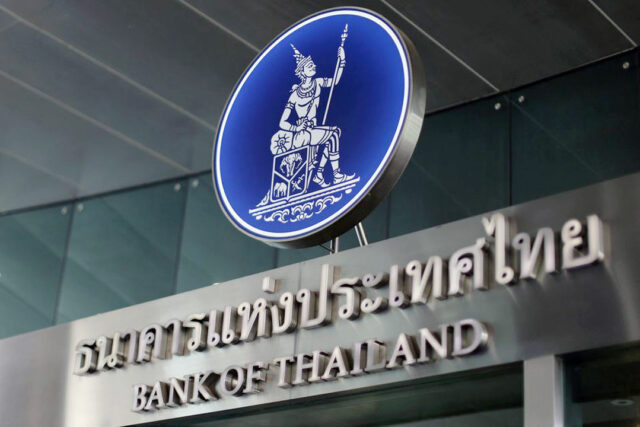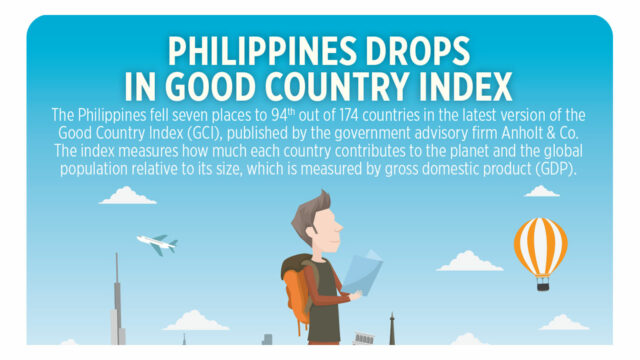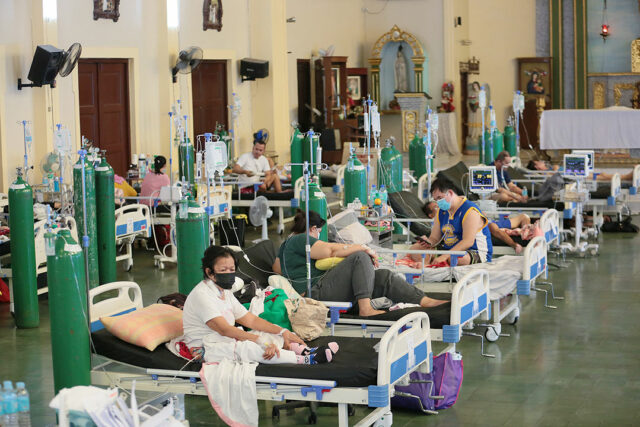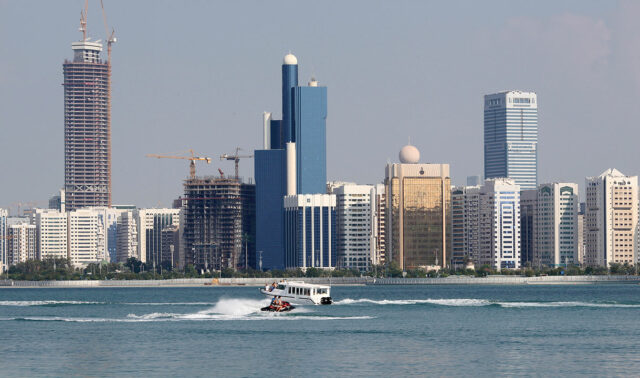Thai government candidate for key central bank role in doubt
BANGKOK — The selection of a Thai ruling party loyalist for an influential central bank role looked in doubt on Tuesday after media reports and a source said the state advisory council had deemed him unqualified for the position.
The nomination of Kittiratt na Ranong by the government, first reported by Reuters, was met by strong opposition and concern about political influence on the independent Bank of Thailand, including from more than 800 economists and academics, and several former central bank chiefs.
If confirmed as the central bank’s new board chair, Kittiratt would not be able to direct interest rates, but the board can influence policy by selecting the monetary policy committee.
The next chair will also have some influence on the selection of the successor to governor Sethaput Suthiwartnarueput, who completes his term in September 2025.
The government has been pressuring the central bank this past year to cut interest rates and Kittiratt has been a critic of its governor. He also clashed frequently with the central bank when he was finance minister between 2012 and 2014.
Despite the opposition, an independent panel selected Kittiratt last month but the cabinet waited with its approval for the advice of the Office of the Council of State, which governments consult on legal issues, policy and appointments.
Several Thai media outlets on Tuesday said the council saw Kittiratt as unqualified because he had served in the past year as a government adviser and could not be deemed politically neutral.
The information was confirmed by a person with knowledge of the proceedings, who declined to be identified because he was not authorized to speak on the issue.
The council did not immediately respond to a Reuters request for comment, but Thai media quoted its secretary-general as saying a conclusion had not yet been reached.
Another source with knowledge of the matter also said the council was still discussing the matter.
Kittiratt thanked for the nomination in a Facebook post without addressing the media reports.
“I have volunteered to work for the country,” he said on Tuesday, without elaborating.
Finance Minister Pichai Chunhavajira said that if the council deemed Kittiratt unqualified, new candidates would need to be chosen.
“Suppose (Kittiratt) doesn’t pass, we have to talk about it. We have to hurry and propose again. The selection committee is on standby, ready for everything,” he told reporters on Tuesday.
Kittiratt, a former stock exchange president, last week stressed that as a board chair he would have no power to influence monetary policy and would only “intervene with thoughts.” — Reuters













